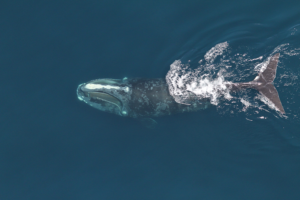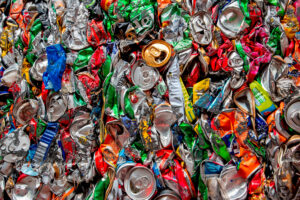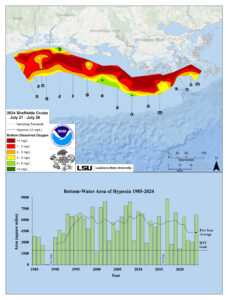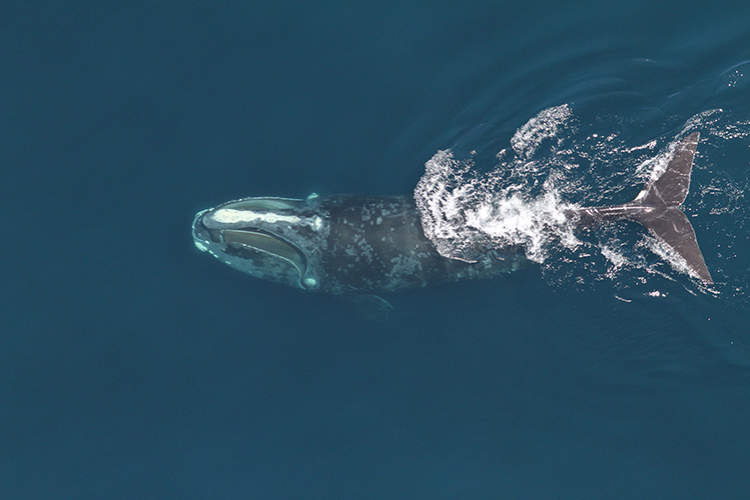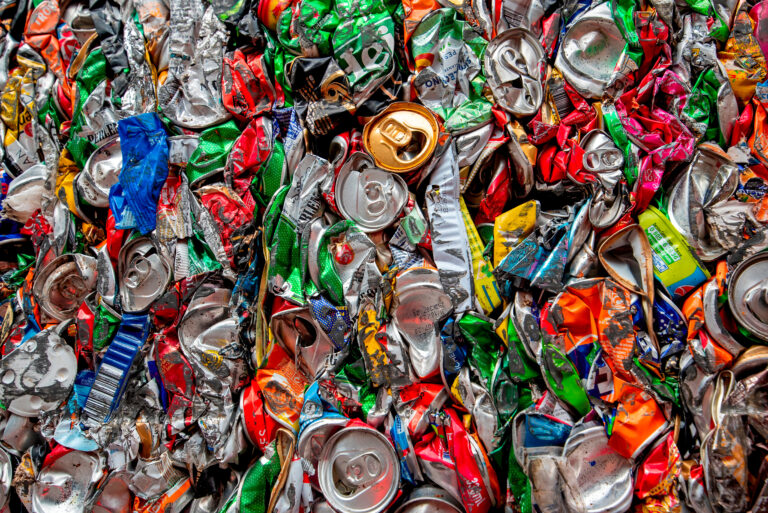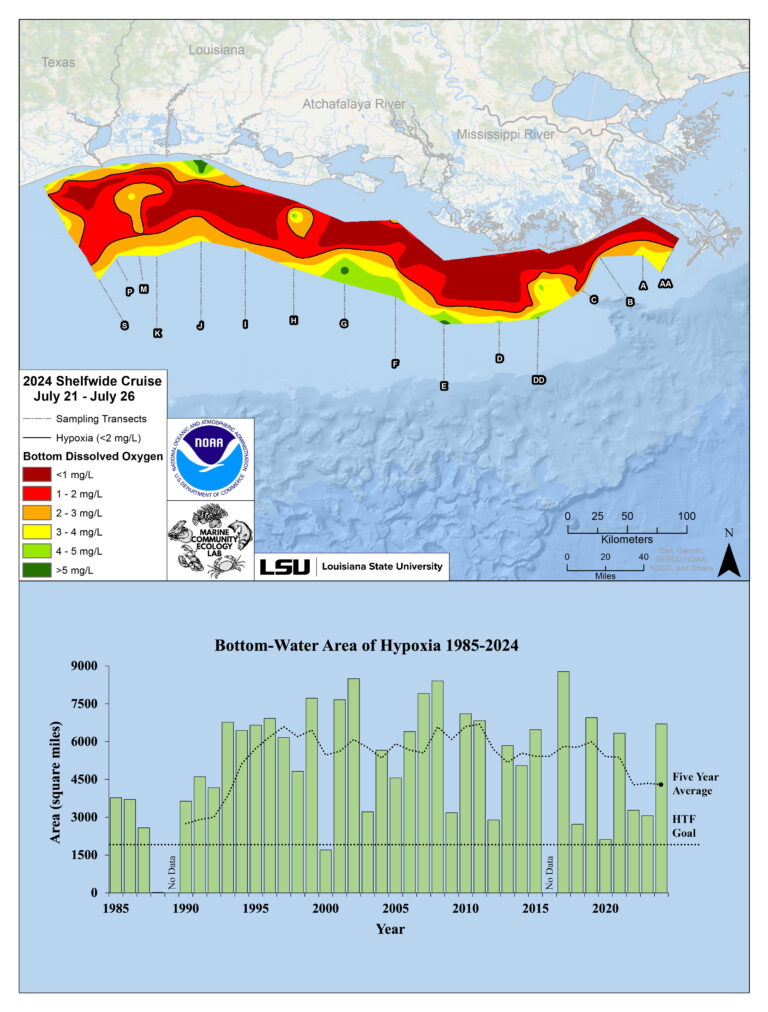
An Italian yacht builder plans to replace traditional GRP fiberglass with Filava, a new fiber derived from basalt rock from lava flows. Filava is a “direct roving made of enhanced volcanic rock filaments manufactured in a melt-spinning process,” said the manufacturer, Isomatex, in a product statement.
“We’ve started a collaboration with GS4C, a sustainable solutions company which has introduced the possibility of using this new enriched basalt fiber to replace traditional fiberglass,” Barbara Amerio, president of Amer Yachts in Sanremo, told Trade Only Today. “They have experimented with this with a Transat 630 racing sailboat and then wanted to find a trusted partner in the yachting sector.”
Amer Yachts builds multiple superyacht models, including a 96-, 116- and 120-footer, all powered by Volvo Penta IPS systems. The yachts have won numerous awards for design, including most recently being nominated for the 2019 Boat International awards. The company is known for breaking design barriers. “We have obtained the best performance for our boats, thanks to Volvo Penta IPS and our hull designs,” says Amerio. “Now’s time to work on the building process to have the most sustainable materials for a superyacht.”
Filava is “unique” due to high strength, elasticity and resistance to high temperatures as well as high temperature variations, according to the product description. “This compares well to existing high-end products (R-glass and S-glass),” said the product sheet. “Filava is always better in chemical and alkaline environments, which gives it a definitive advantage–for instance, water is alkaline, which makes other high-end products not so suitable whenever the fibers are in contact with it.”

Amerio said the company is working with the ENEA Marine Environmental Research Center and RINA, Italy’s marine trade association, on preliminary tests to see how the material will perform in structural sections of the hull.
“In the meantime, we’re working on a non-structural component to test it on a new Ameryacht,” said Amerio. “Our Italian supplier will be trained in its use. We’re also working with the Politecnico di Milano college as part of a long-term project. They will supply us with the recyclable material for our model and that will permit us to make the boat’s mold in Filava. That will be the first step to build our yacht in the new material.”
Amerio expects the initial process will take about three years to complete a yacht with the new materials. The builder is also looking at bio-resins for the Filava. “This shows the green attitude of our shipyard,” she said.
Amerio said the Filava fibers, which are long and soft, are easier for workers to handle and are entirely recyclable. “Potentially the fiber can be recycled indefinitely, which means even the whole boat can be recycled,” she said. “It will set a new standard for sustainable composite manufacturing.”
The company will reveal more about the project at the Genoa International Boat Show at a press conference on September 21.



